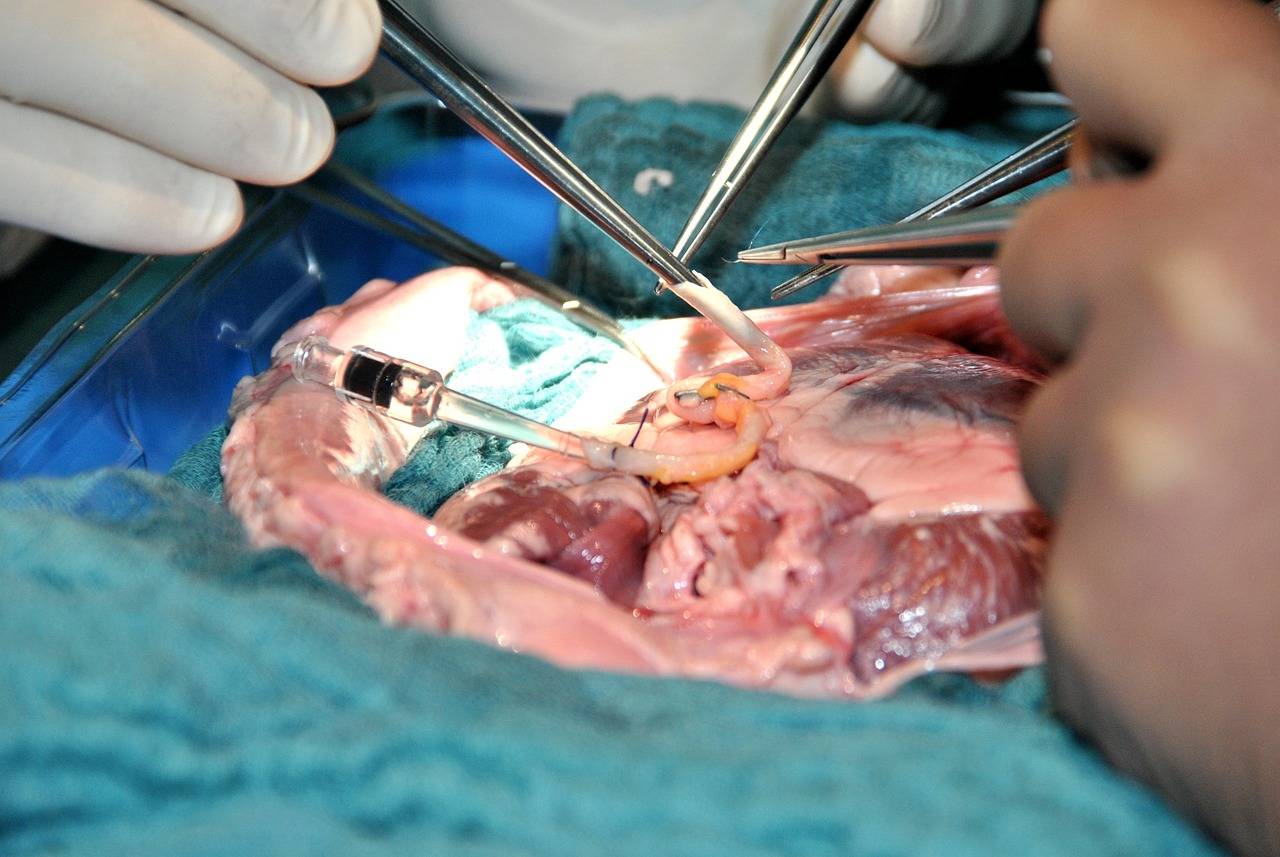Promising targeted therapies for metastatic gastric cancer: Sky247.net login, 11 x play game, Playexch 99 login
sky247.net login, 11 x play game, playexch 99 login: Metastatic gastric cancer, also known as stage IV stomach cancer, is a challenging disease to treat. It occurs when cancer cells from the stomach spread to other parts of the body, such as the liver, lungs, or bones. Traditional treatments like surgery, chemotherapy, and radiation therapy have limitations in treating advanced stages of gastric cancer. However, there is hope on the horizon with promising targeted therapies that specifically target cancer cells, minimizing damage to healthy cells.
Targeted therapies work by interfering with specific molecules involved in cancer cell growth and progression. These treatments are designed to be more precise and effective than traditional chemotherapy, leading to better outcomes for patients with metastatic gastric cancer. Let’s explore some of the most promising targeted therapies currently being used or studied for this aggressive disease.
1. HER2-Targeted Therapies:
Human epidermal growth factor receptor 2, or HER2, is a protein that can promote the growth of cancer cells. Approximately 20% of gastric cancers are HER2-positive, meaning they overexpress the HER2 protein. Targeted therapies like trastuzumab (Herceptin) and trastuzumab deruxtecan (Enhertu) have shown significant benefits in HER2-positive metastatic gastric cancer patients. These drugs can help slow down disease progression and improve overall survival rates.
2. VEGF-Targeted Therapies:
Vascular endothelial growth factor (VEGF) is a protein that helps tumors grow new blood vessels to supply oxygen and nutrients. Bevacizumab (Avastin) is a targeted therapy that blocks VEGF, inhibiting angiogenesis and tumor growth. Clinical trials have shown that bevacizumab in combination with chemotherapy can improve survival outcomes in patients with advanced gastric cancer.
3. PD-1 and PD-L1 Inhibitors:
Programmed cell death protein 1 (PD-1) and its ligand PD-L1 are checkpoint proteins that cancer cells use to evade the immune system. Immune checkpoint inhibitors like pembrolizumab (Keytruda) and nivolumab (Opdivo) work by blocking the PD-1/PD-L1 pathway, allowing the immune system to recognize and attack cancer cells. These drugs have demonstrated durable responses in a subset of metastatic gastric cancer patients, especially those with high levels of PD-L1 expression.
4. c-Met Inhibitors:
The c-Met pathway is involved in promoting cancer cell proliferation, invasion, and metastasis. Inhibitors targeting c-Met, such as capmatinib and tepotinib, have shown promising results in preclinical and early clinical studies for metastatic gastric cancer. By blocking the c-Met pathway, these targeted therapies can potentially slow down disease progression and improve patient outcomes.
5. mTOR Inhibitors:
The mammalian target of rapamycin (mTOR) is a protein kinase that regulates cell growth, proliferation, and survival. Inhibitors of mTOR, such as everolimus (Afinitor), have been investigated in combination with chemotherapy for metastatic gastric cancer. These targeted therapies can help overcome resistance to traditional treatments and enhance treatment responses in certain patient populations.
6. FGFR Inhibitors:
Fibroblast growth factor receptor (FGFR) abnormalities are present in a subset of gastric cancer patients, making FGFR inhibitors a promising targeted therapy option. Drugs like pemigatinib and erdafitinib have shown activity in FGFR-positive tumors, leading to clinical benefits for patients with metastatic gastric cancer. Targeting the FGFR pathway can help inhibit cancer cell growth and metastasis in this specific patient population.
With advancements in precision medicine and the development of targeted therapies, the treatment landscape for metastatic gastric cancer is evolving rapidly. These promising therapies offer new hope for patients with advanced stages of the disease, providing more effective and personalized treatment options. Clinical trials continue to investigate the optimal sequencing and combinations of targeted therapies to further improve outcomes for gastric cancer patients.
In conclusion, targeted therapies are revolutionizing the treatment of metastatic gastric cancer by specifically targeting cancer cells and minimizing damage to healthy tissues. These therapies hold great promise in improving patient outcomes and quality of life. As research continues to uncover new molecular targets and therapeutic approaches, the future looks bright for individuals facing this challenging disease.
—
FAQs:
Q: Are targeted therapies only used for advanced stages of gastric cancer?
A: Targeted therapies can be used in different stages of gastric cancer, depending on the specific molecular alterations present in the tumor. These treatments are often considered in advanced stages or when traditional treatments have not been effective.
Q: What are the side effects of targeted therapies for metastatic gastric cancer?
A: Side effects of targeted therapies can vary depending on the specific drug and individual patient characteristics. Common side effects may include fatigue, skin rashes, diarrhea, and nausea. It is important to discuss potential side effects with your healthcare provider before starting treatment.
Q: How can I access targeted therapies for metastatic gastric cancer?
A: Targeted therapies are typically prescribed by oncologists or healthcare providers specializing in the treatment of gastric cancer. These treatments may be available through clinical trials, research studies, or standard of care options depending on individual patient needs and disease characteristics. It is essential to work closely with your healthcare team to determine the most appropriate treatment plan for you.







